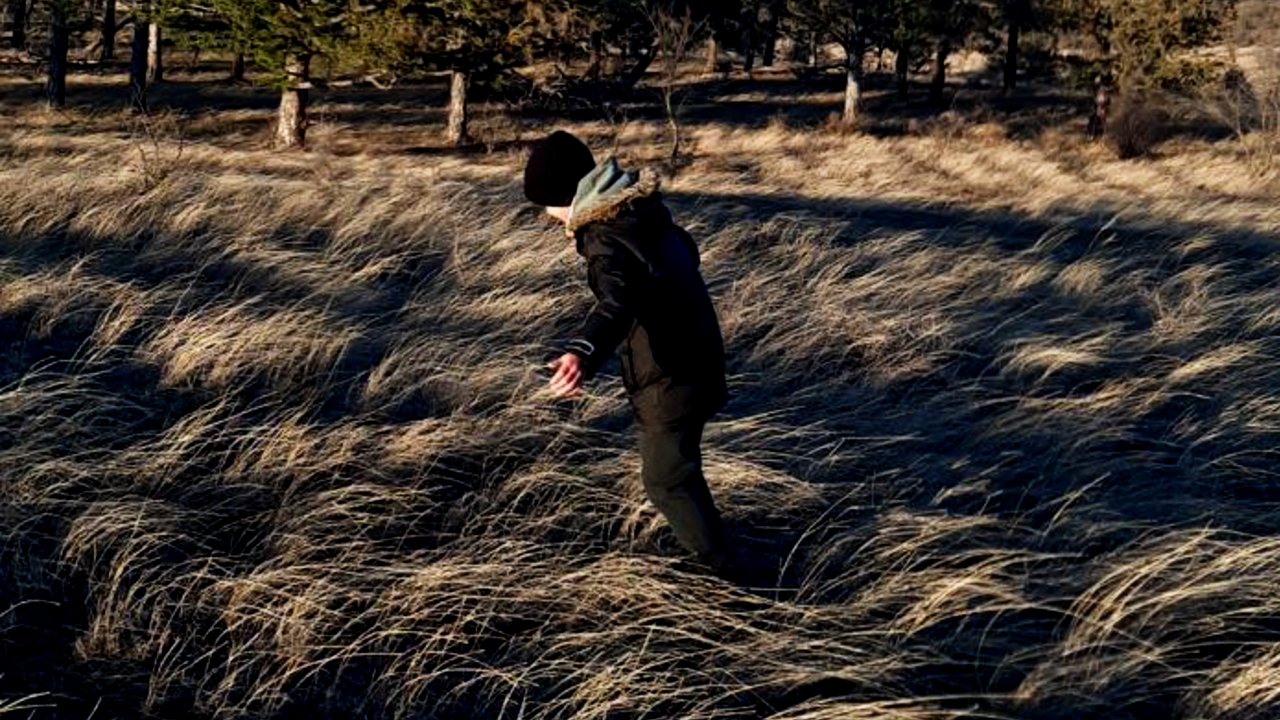One of the large problems with modern life is we don’t normally get to experience extremes that often.
Our daily life is usually a compressed flow of safe and predictable events, and with time it makes us weak and crazy.
Of course, schedules and routines are essential for kids because they help structure their time and eliminate the pressure of unnecessary decision-making.
However, there is another side to this. You need to purposely break routines from time to time to feed their bodies and minds a healthy amount of randomness and unpredictability.
Our world is so beautiful because it’s based on contrasts and borders. That’s how the Gods intended – that’s why we know so many Gods, each in their domain.
Happiness is not a sequence of uniform carefree days – it’s a chain of struggles and wins.
Physical contrasts
As humans, we’ve been designed to live through bursts of activities interchanged by periods of rest.
Think picking berries on a meadow and then suddenly running away from a predator.
Scheduled workouts are great and essential, but it’s the unexpected activity bursts that keep us alive and healthy.
So – have days when you get your kids tired and then have rest days when you don’t do much at all.
Take unplanned walks and hikes. Get lost in the woods (do it safely of course, like in a segment of wilderness surrounded by roads).
We’re capable of much more than we think. Kids are resilient and durable – there is no need to turn any activities down or adapt anything to your kids.
The will get tired much much later than you will.
Get cold with them, get soaked by the rain, hike in heavy winds.
You’re most likely going to be OK, but they will get an immune system boost, great memories, sleep well that night, and understand their power and resilience.

Apply their athletic skills in the wild.
Have them throw stones, jump over creeks, race each other, race your dog, climb trees.
In fact, they know how to do this better than you.
Just don’t restrain them and let them play.
When you play, play hard.
Let them burn away all the tension of civilization, let them be wild and be wild with them.
Slow down with your programs and do simple seemingly stupid things.
The best part is – the harder you play, the easier it is to make them stop and switch over to studies or work on their projects.
Sensory contrasts
Have enough silence at home.
Don’t have TV or music on all the time, as it’s a constant flow of useless information that numbs our intuition.
Sleep in total darkness and silence.
Don’t unload your hardships and drama on them. Show them you’re in control so they know they can handle it all when they grow up too.
Keep their brain diet diverse so they can recognize patterns and common themes between different types of content.
Nutrition contrasts
Metabolic flexibility is a thing. Insulin sensitivity is also a thing. Get your kids good foundational habits for both.
Shift meals from time to time. Change up your usual menu.
Nothing bad will happen to you or your kids if you go on a hike without packing lunch.
You’ll get back home and then eat.
Of course, your kids need to grow – so make sure they are getting plenty of nutritious food. Chronic undernutrition is as evil as letting them become fat.
But nothing bad will happen to them if they skip lunch once a week and make up for it with great meals on other days.
Hunger is the Vitamin H – and all of us need need it sometimes. Read parts of the Odyssey with your kids and discuss how mindful everyone was about eating.
Entertainent contrasts
If your kids are playing video games, make sure they schedule breaks to release tension, both physically and mentally.
Say, every 20 minutes there’s an alarm clock and they have to start wrestling, doing push-ups, or running in the yard. And don’t have more than 3-4 of those gaming cycles per day.
Don’t have them watching the same shows and reading the same books all the time.
Give them diverse activities. Reading, writing, crafts, drawing, studying maps – there is a lot to offer.
Rotate and vary the content you consume with your kids.
Of course, your kids have their own tastes and preferences, and they will eventually become fans of something and start obsessing about it (hopefully!) – that’s kind of how they become adults, which means your job is pretty much done here.
However, until your job is done you should imprint habits of taking frequent breaks and diversifying activities.


Leave a Reply